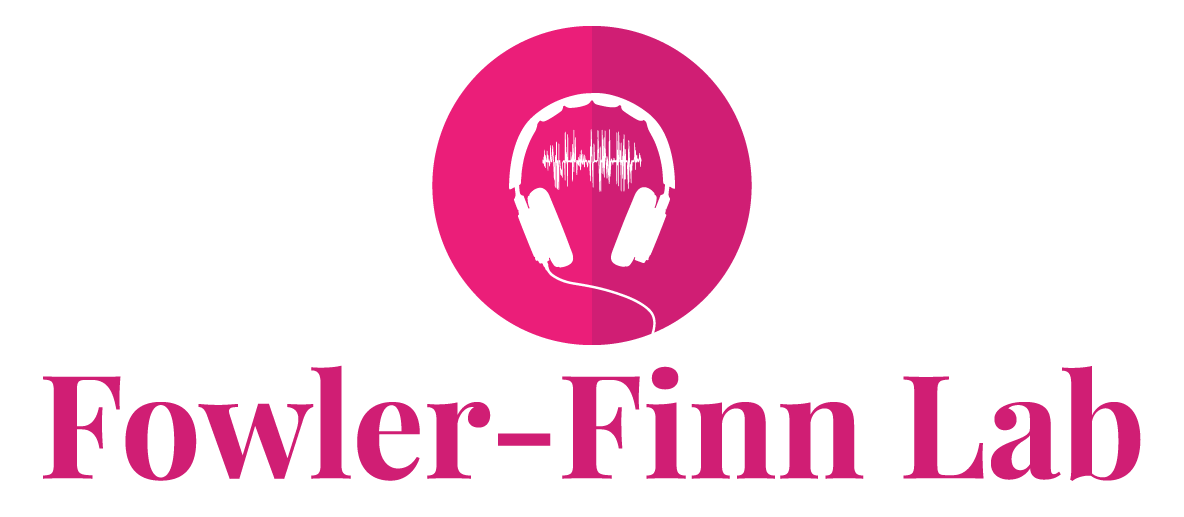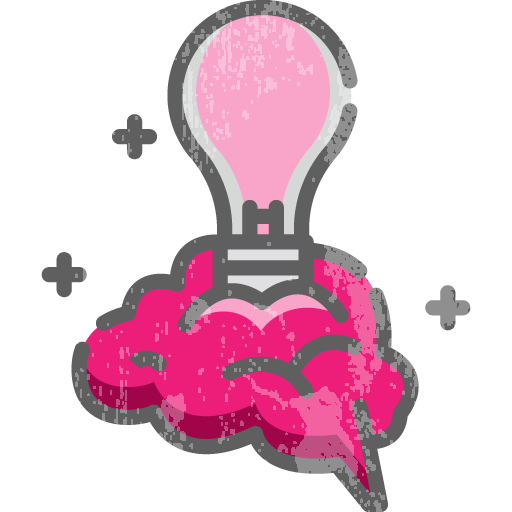Our lab is dedicated to increasing and supporting diversity in STEM, not only because we are a diverse group ourselves, but also because we have experienced excellence in science and discovery achievable only through diverse thinking and perspectives. We prioritize outreach activities that target under-served and underrepresented groups, and we are commited to generating ideas and approaches for encouraging and retaining diversity in STEM.
The power of diversity in STEM education
Kasey contributed a talk titled “The power of diversity in generating transformative learning experiences for STEM undergraduate researchers” to the 2019 Entomological Society of American meeting member symposium on undergraduate learning in entomology. The talk was informed heavily by discussions with the lab and by primary literature. Watch her talk about the power of diversity, how to recruit, select and retain a wide range of students, and why this is important in the video below!
Readings and Discussion
We have been delving into the VALUES, ISSUES, and SOLUTIONS for increasing and retaining diversity in STEM. This is a work in progress, but please browse the various articles we have explored and if you have suggestions for readings/activities, please let us know!
Diversity in stem - overview
Overview: What is diversity in STEM, why is it important, and what are the numbers?
"Diversity in STEM: What It Is and Why It Matters" by Kenneth Gibbs, Jr. for Scientific American (September 10, 2014).
“Boosting Science with Diversity” by Van Newkirk III, NOVA (March 3, 2016)
“Defining diversity: LGBTQ faculty often find themselves outside the bound” by Chloe Chang (March 26, 2016).
“Women, minorities, and persons with disabilities in Science and Engineering” by the National Science Foundation. Includes interactive tools to explore patterns of retention and fields of study for Women, Minorities, and Persons with Disabilities in Science.
why do we lose underrepresented groups in stem?
Why do we lose women and underrepresented minorities in STEM fields?
"Why Female Students Leave STEM" by Nick Roll for Inside Higher Ed (August 29, 2017).
"Here's why women, blacks and Hispanics are leaving tech" by Jessica Guynn for USA TODAY (April 27, 2017).
"Quick Take: Women in Science, Technology, Engineering, and Mathematics (STEM)." New York: Catalyst (December 9, 2016).
"Belonging' can help keep talented female students in STEM classes" by Nilanjana Dasgupta for National Science Foundation (August 26, 2016).
"Women Leave STEM Jobs for the Reasons Men Want To" by Nicholas Zazulia for U.S. News & World Report (April 8, 2016).
making change
What kind of changes would help reduce challenges for recruitment/retention?
"Poverty in the Ivory Tower" by Anonymous for Tenure She Wrote (January 16, 2014): good advice for PIs and students
"The powerful woman behind Intel's new $300 million diversity initiative" by Michal Lev-Ram for Fortune (January 12, 2015).
"Intent vs. Impact: Why Your Intentions Don’t Really Matter" by Jamie Utt for Everyday Feminism (July 30, 2013).
“Poor students face ‘Double Disadvantage’ in STEM education” by Janeen Ellsworth for Remake Learning (August 15, 2017)
Suggest reading material!
What are we learning?
Here we include some of the takeaways from our monthly discussions. This list is ever-growing, as we continue to learn, read, and digest our discussion about these big, important questions. Check back here to learn along with us about how to be a better ally.
We want to commit to do more to support diversity in STEM and will start locally by focusing our outreach efforts on those with the greatest impact on under-served and under-represented groups.
Women and people of color seem to face distinct hurdles/barriers, so we may need to address these axes of diversity in different ways. Also, we will focus on something more positive for next week: how to make change!
The issue is far more complex than we anticipated heading into this project and we continue to seek out more information!
BELONGING is key! We feel that belonging is really important for sticking with a STEM career. Sometimes this is super hard given a largely white academic community. Within the Fowler-Finn lab, we are working towards creating and maintaining a culture of belonging where every lab member has their own expertise and plays an important role in the overall lab goals.
We need a shift from inclusion to “changing the educational environment” (quote by Nilanjana Dasgupta in her interview with NSF here). Essentially the need for inclusion disappears if the default is a system built for all.
We had a blast chatting with Dr. Zuleyma Tang-Martínez about her own experiences finding a path as a scientist.



